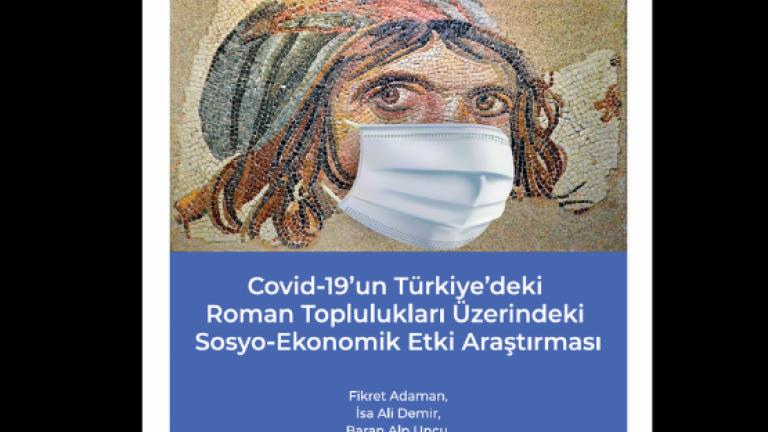
Studies carried out in 5 provinces between August and December 2021 revealed that Roma community faced problems in employment, access to social assistance, education, and housing during the pandemic.
With the in-depth interviews, focus group studies and interviews with the relevant provincial administrators and municipal officials in Artvin, İzmir, Edirne, Gaziantep and Şanlıurfa provinces, additional difficulties faced by the Romani people due to the COVID-19 pandemic, opportunities to access the aid and support provided during the pandemic. and their capacities. During the study, a total of 178 Roma people, 130 adults and 48 children, were interviewed.
Social Aid Could Not Reach Romani People
In the research, it was stated that the problems experienced by the Roma in the areas of employment, access to social assistance, education, housing, health and gender inequalities have deepened and become more widespread with the effect of the pandemic.
The results also revealed that a significant part of the measures taken are not sufficiently benefited by Roma, most of whom work in informal jobs. It was also stated that there were problems in accessing aid to the poor.
What are the Policy Recommendations?
While the findings of the research confirm that the economic and social effects of the COVID-19 pandemic have had devastating effects on the lives of the Roma, whose economic and social effects are already high, and deepen the inequality and injustice they experience, the topics of policies that should be implemented to increase the resilience of Roma in the face of similar crises are listed as follows;
Transforming the informal economy into formality, real implementation of the rights-based approach in education and health, initiating the implementation of citizenship income, taking cost-reducing measures in households, establishing student study centers in neighborhoods, expanding adult education programs, establishing neighborhood community centers, establishing education incentive mechanisms, kindergarten / attaching importance to pre-school education, increasing resilience to crises, establishing cooperation with NGOs and local governments, strengthening local participation mechanisms…
RODA consists of 2 federations and 22 non-governmental organizations representing the four Roma groups in Turkey, namely Rom, Lom, Dom, and Abdals.


